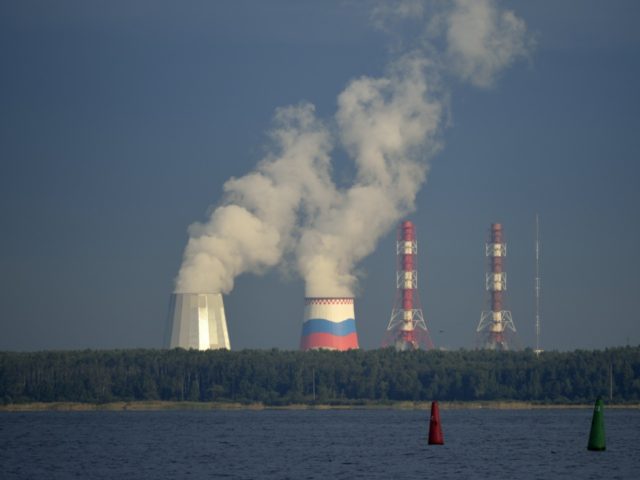For the second time in less than a week, a Russian nuclear power plant was taken partially offline on Thursday after a malfunction.
The new incident involved the Kalinin nuclear plant, located a little over 200 miles northwest of Moscow, which shut down three of its four generators after a transformer short-circuited.
“The radiation level at the station and surrounding territory remains without change and is in line with normal background levels,” said a statement from Rosenergoatom, the subsidiary of Russia’s state nuclear power corporation that runs the plant.
Management at the Kalinin facility said the cause of the short circuit is under investigation and the plant will probably be reconnected to the power grid on Friday after the investigation is complete.
The Moscow Times noted Kalinin is one of ten nuclear power plants operated by Russia. Another of those plants, the reactor at Beloyarsk, was taken offline by automatic safety mechanisms last Friday and resumed operations on Tuesday.
Last month, after the chilling HBO series Chernobyl drew renewed attention to that 1986 disaster, nuclear scientists noted many of Russia’s operational reactors share troubling design features with the Chernobyl facility. Modifications have been made over the past three decades to address some of the most dangerous flaws at Chernobyl, but some of the troubling aspects of Russia’s RBMK reactor design are too integral to be corrected through renovations. Critics say none of Russia’s reactors would meet the standards expected of reactors in the Western world.
Some of these nuclear power plants are running far beyond the obsolescence dates envisioned by the original project documents. A given nuclear power plant can have reactors of several different vintages. One of the units at the Kalinin facility, for example, was supposed to become obsolete in 2015 but was granted a ten-year life extension after upgrades were made. Another unit reached end-of-life in 2016 but was also given a ten-year extension. The other two units are newer models completed in 2004 and 2012.
The Russians became very prickly about the safety of their nuclear plants after the Chernobyl series aired. Russia’s RT.com blasted Western media in early July for “fearmongering” about a mobile nuclear plant designed to service remote Arctic facilities by dubbing it a “floating Chernobyl” and “Chernobyl on ice.”
According to the Moscow Times, the confidence of Russians in their nuclear power industry has reached the highest level in two decades despite the furor sparked by Chernobyl, with only 30 percent of respondents concerned that another accident like the one depicted in the HBO series could happen today. 64 percent of Russians now believe that serious nuclear accidents are unlikely. In 2000, polls showed 69 percent of Russians thought another Chernobyl could happen and only 21 percent thought nuclear accidents were unlikely.

COMMENTS
Please let us know if you're having issues with commenting.